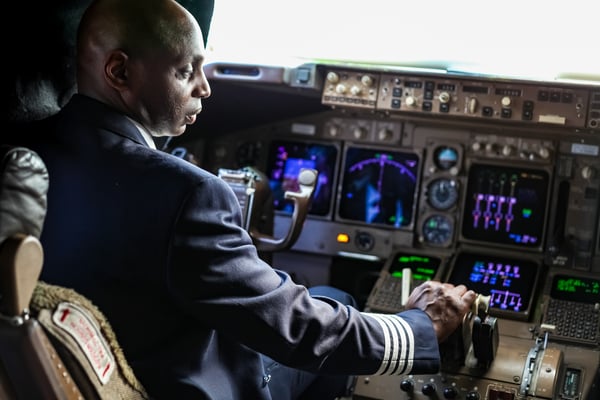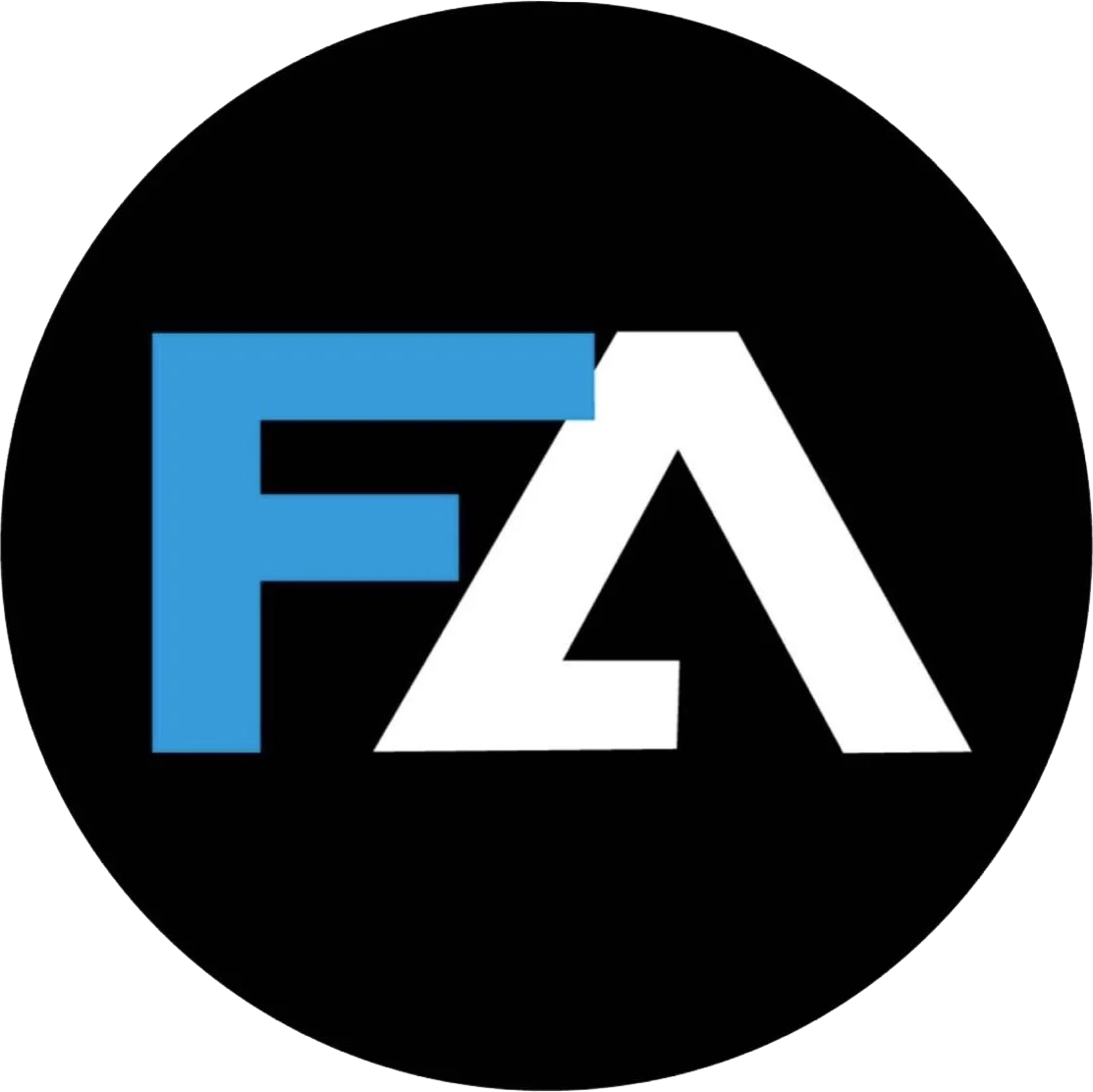Becoming a pilot is a dream for many, but it's important to understand the qualifications required to make that dream a reality.

Becoming a professional pilot requires a variety of licenses, which can be obtained through various training programs. These programs can vary in length and cost, but they all involve both classroom instruction and flight training. These include the Private Pilot License (PPL), Instrument Rating (IR), Commercial Pilot License (CPL), and Certified Flight Instructor rating (CFI).
To be eligible for a PPL, you must be at least 17 years old and have a minimum of 40 hours of flight time, including at least 20 hours of solo flight time. You'll also need to pass a medical examination and pass both a written and a practical test.
An instrument rating allows a pilot to fly in instrument meteorological conditions (IMC), meaning the pilot can fly in conditions where visibility is poor or non-existent. This is important because it allows pilots to fly in a wider range of weather conditions, making this a requirement for employment. To obtain an instrument rating, a pilot must have a minimum of 50 hours of cross-country flight time and pass a written and practical test.
To be eligible for a CPL, you'll need to be at least 18 years old and have a minimum of 250 hours of flight time, including at least 100 hours of solo flight time. You'll also need to pass a medical examination and pass both a written and a practical test. With a CPL, you'll be able to fly for pay, such as for an airline or charter company. But since all airlines and charter companies require a minimum of 850 - 1,500 flight hours of experience, every pilot needs a way to build experience efficiently.
This is why the certified flight instructor (CFI) rating is absolutely required for any path to a professional airline pilot job. This certification allows a pilot to teach others how to fly. To obtain a CFI rating, a pilot must have at least a commercial pilot license and pass a written and practical test. Having a CFI rating can open up opportunities to teach at flight schools, which allows a pilot to build to the 1,500 flight hours required to attain the most important rating, the Air Transport Pilot (ATP) license. With an ATP, a pilot is eligible for hire at any airline, charter, or corporate operator.
In addition to obtaining a pilot's license, there are other qualifications that are necessary for becoming a pilot. These qualifications include:
- Good vision and hearing
- Good physical and mental health
- Strong problem-solving and decision-making skills
- Strong communication and teamwork skills
- Strong study skills
In summary, becoming a pilot requires a combination of training and qualifications, including a valid pilot's license, good vision and hearing, good physical and mental health, strong problem-solving and decision-making skills, strong communication and teamwork skills, and strong study skills.

